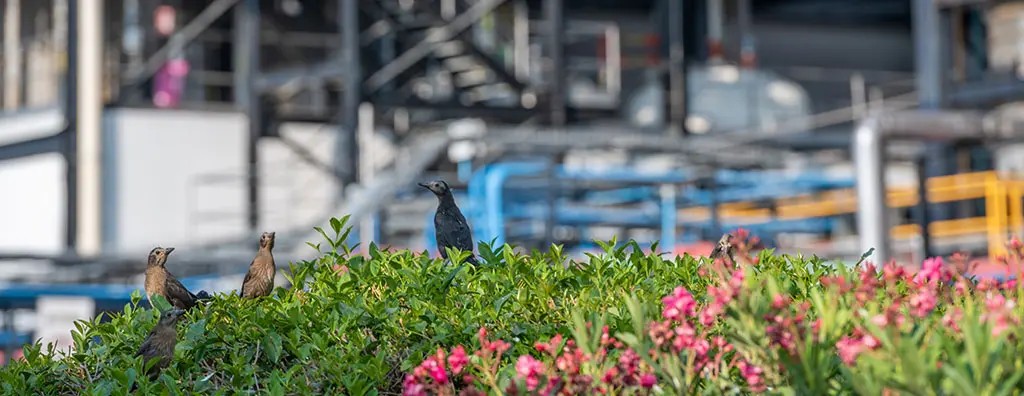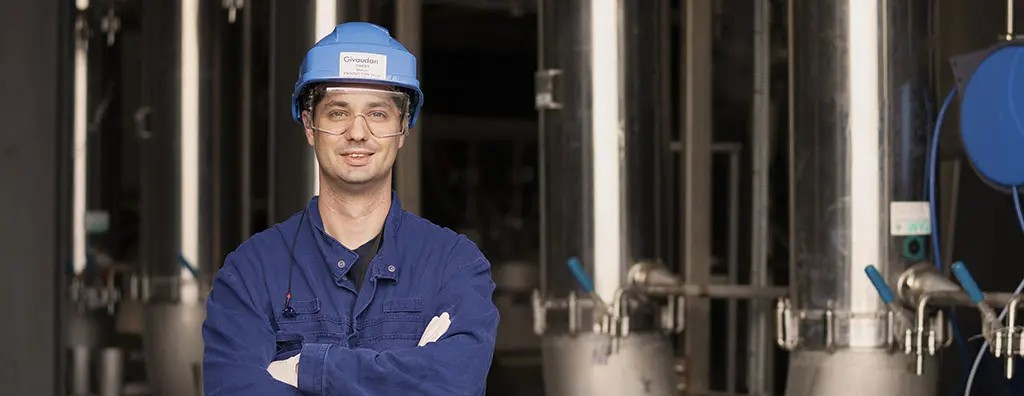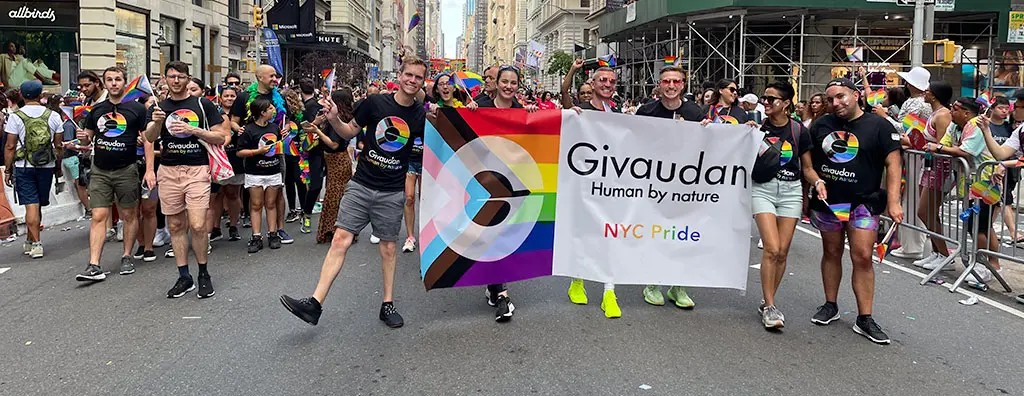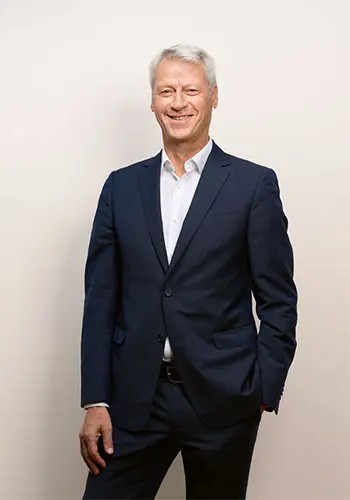

ESG progress
In 2023, ESG matters were a major theme the world over and a catalyst for change in Switzerland. More stringent regulations bring new challenges, yet allow us to show our solid position in terms of reporting and environmental and social KPIs.
We developed for the first time a double materiality assessment, allowing us to reevaluate our ESG impacts and risks comprehensively. These efforts confirmed the direction we have taken, notably in terms of the material topic ‘climate change’, and underscored the relevance of areas where we have been placing more emphasis, including ‘biodiversity’, ‘diversity, equity and inclusion’.
Efforts to increase energy efficiency and use of renewable energy sources are propelling us towards climate positivity while a thorough review of our water footprint has identified scope for optimising efficiency, an integral element of our environmental protection efforts.
With our people, we are striving to become even more balanced and inclusive, improving how we care for all. In our ongoing efforts towards equality, we target equal pay and active management of unconscious bias. Removing workplace barriers and pursuing dedicated initiatives allows us to foster a more inclusive environment.
To ensure the safety and wellbeing of our workforce, we are expanding our behavioural safety programme to create a culture of safety and reduce workplace incidents. Providing access to mental and physical health initiatives, tools, and training allows us to support the wellbeing of our workforce.
ESG efforts extend not only to our employees, but also to the communities where we source and operate. Respecting human rights and appropriate labour conditions is essential to being a responsible corporate citizen. In 2023, we ensured that our due diligence and transparency related to minerals and metals from conflict zones and child labour meet the newest regulations, including Switzerland’s Code of Obligations.
By focusing on these goals, we can improve the lives of millions and promote a company culture that values the wellbeing of its employees and the communities it serves, all while caring for the environment.
Finally, we would like to express our thanks to our colleagues, customers, partners and suppliers for their continued commitment and collaboration.


Our ambitions
Our environmental ambitions
Before 2050, we will be a climate positive business based on scope 1+2+3 emisisions according to the greenhouse gas (GHG) protocol.
| FOCUS AREA | TARGET | STATUS 2023 |
| Emissions | Our operations’ carbon emissions (scope 1+2) will be cut by 70% before 2030 and will be climate positive before 2040 (baseline 2015) | –43% |
| Our supply chain emissions (scope 3) will be cut by 20% before 2030 and will be climate positive before 2050 (baseline 2015) | –8% | |
| Electricity | 100% of our entire electricity supply to be converted to fully renewable sources by 2025 | 94% |
We act as a role model in water stewardship, working to protect water-dependent ecosystems and encouraging the sustainable use of resources
| FOCUS AREA | TARGET | STATUS 2023 |
| Water | Improve water efficiency by a 25% water withdrawal rate reduction on sites facing water stress by 2030 (baseline 2020) | –18% |
| We will continuously improve water efficiency on all other sites by a water withdrawal rate reduction | –3% | |
| 100% of our wastewater discharge will meet or exceed regulatory and industry standards by 2030 | 80% |
Driving continuous improvement in waste reduction and management with a focus on landfill disposal avoidance.
Before 2030, we will replace single-use plastics with eco-friendly alternatives across our sites and operations
| FOCUS AREA | TARGET | STATUS 2023 |
| Waste | Givaudan will reach zero operational1 waste directed to landfill for all manufacturing sites by 2030 | 58%2 |
| Givaudan will decrease its operational waste for disposal intensity by 15% by 2030 (baseline 2020) | +8% | |
| Plastics | 100% plastics circularity by 2030 | < 2% |
Our social ambitions
Before 2023, we will be an even more balanced and inclusive Company
| FOCUS AREA | TARGET | STATUS 2023 |
| Diversity, equity and inclusion | We will be rated amongst the leading employers for inclusion globally before 2025 | 74%3 |
| 50% of our senior leaders will be from high-growth markets before 2030 | 28% | |
| 50% of our senior leaders will be women before 2030 | 28% |
Before 2025, we will improve how we care for all of our people
| FOCUS AREA | TARGET | STATUS 2023 |
| Caring for employee safety, health and mental wellbeing | We will reduce our total recordable case rate by 50% before 2025 (baseline 2018) | –47% |
| Everyone on our sites will have access to mental and physical health initiatives, tools and training before 2025 | 82%4 |
By 2030, we will source all materials and services in a way that protects people and the environment
By 2030, we will improve the lives of millions of people in communities where we source and operate
| FOCUS AREA | TARGET | STATUS 2023 |
| Communities benefit by working with Givaudan | 100% of materials and services will be sourced responsibly by 2030 | 33%5 |
| We will improve the lives of millions of people in communities where we source and operate by 2030 | 440,660 |
Excluding one-time-only waste and waste sent to landfill only when other existing technical alternatives are not allowed due to regulatory requirements.
The status shows the percentage of sites already reaching our target.
Internal inclusion score.
Percentage of sites with more than 20 employees and who participated in the 2023 data collection exercise. This is now the baseline percentage.
Percentage by procurement spend, flagged as sourced responsibly upon completion of basic due diligence as defined in our Sourcing4Good programme.
Our progress in governance
Responsible sourcing and community indicators
| 2022 | 2023 | |
| People benefiting from community initiatives | 215,059 | 440,660 |
| Advanced level projects in our Sourcing4Good programme | 25 | 28 |
| Percentage of total materials and services by procurement spend sourced responsibly1 | 9.5% | 33.0% |
| – percentage of which are Naturals portfolio spend | 26.0% | 76.0% |
| – percentage of which are synthetics raw materials spend | 6.0% | 22.0% |
| – percentage of which are indirect materials and services spend | in progress | in progress |
Human rights indicators
| 2022 | 2023 | |
| Child labour and vigilance modules | ||
| – Number of key supply chains covered by human rights child labour trainings or field walk-throughs2 | 14 | 27 |
| – Number of supplier partners trained in human rights and child labour3 | 300 | 2,500 |
Givaudan human rights employee modules | ||
| – Number of human rights and business trainings completed by employees4 | 0 | 187 |
| – Number of modern slavery trainings completed by employees4 | 0 | 622 |
Percentage by procurement spend, flagged as sourced responsibly upon completion of basic due diligence as defined in our Souring4Good programme.
Cumulative since 2021; we aim to cover 100 key supply chains by 2030.
Cumulative since 2021.
Training launched in 2023.
Board of Directors and Executive Committee
| BOARD OF DIRECTORS | EXECUTIVE COMMITTEE | |
| Number of members | 7 | 7 |
| Number of women | 2 | 1 |
| Years average tenure | 5.4 | 9.6 |
| Nationalities represented | 5 | 6 |
| Total compensation paid in millions of Swiss francs | 2,986,345 | 19,609,588 |

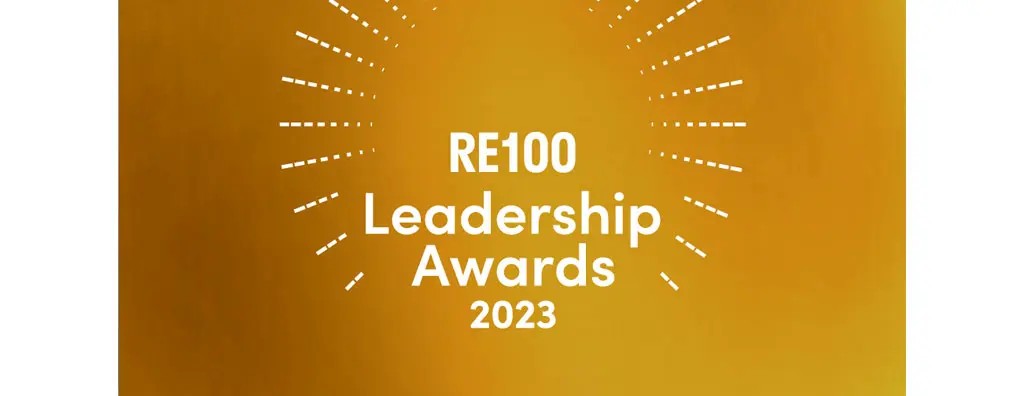


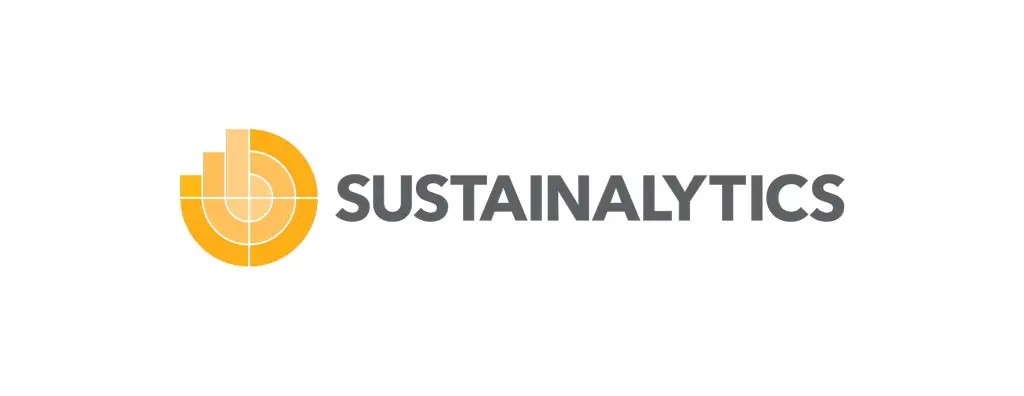
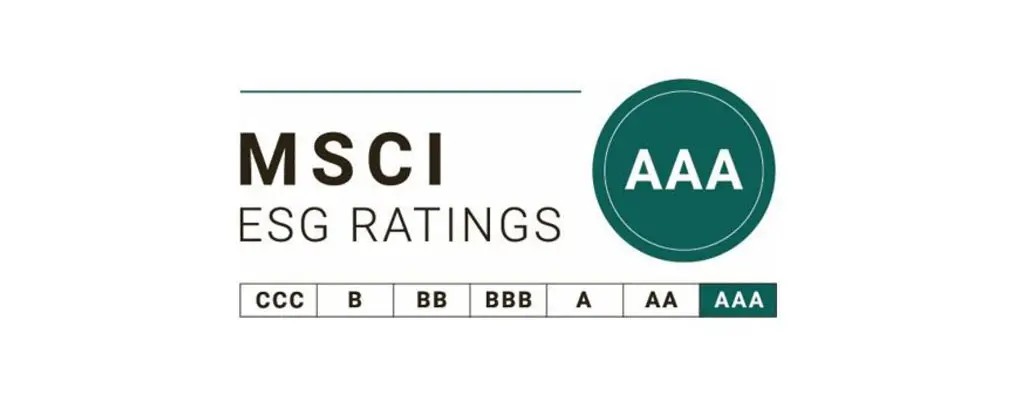
* the CDP 2023 results were published in March 2024 – after the publication of this report – and are available on www.givaudan.com - sustainability
